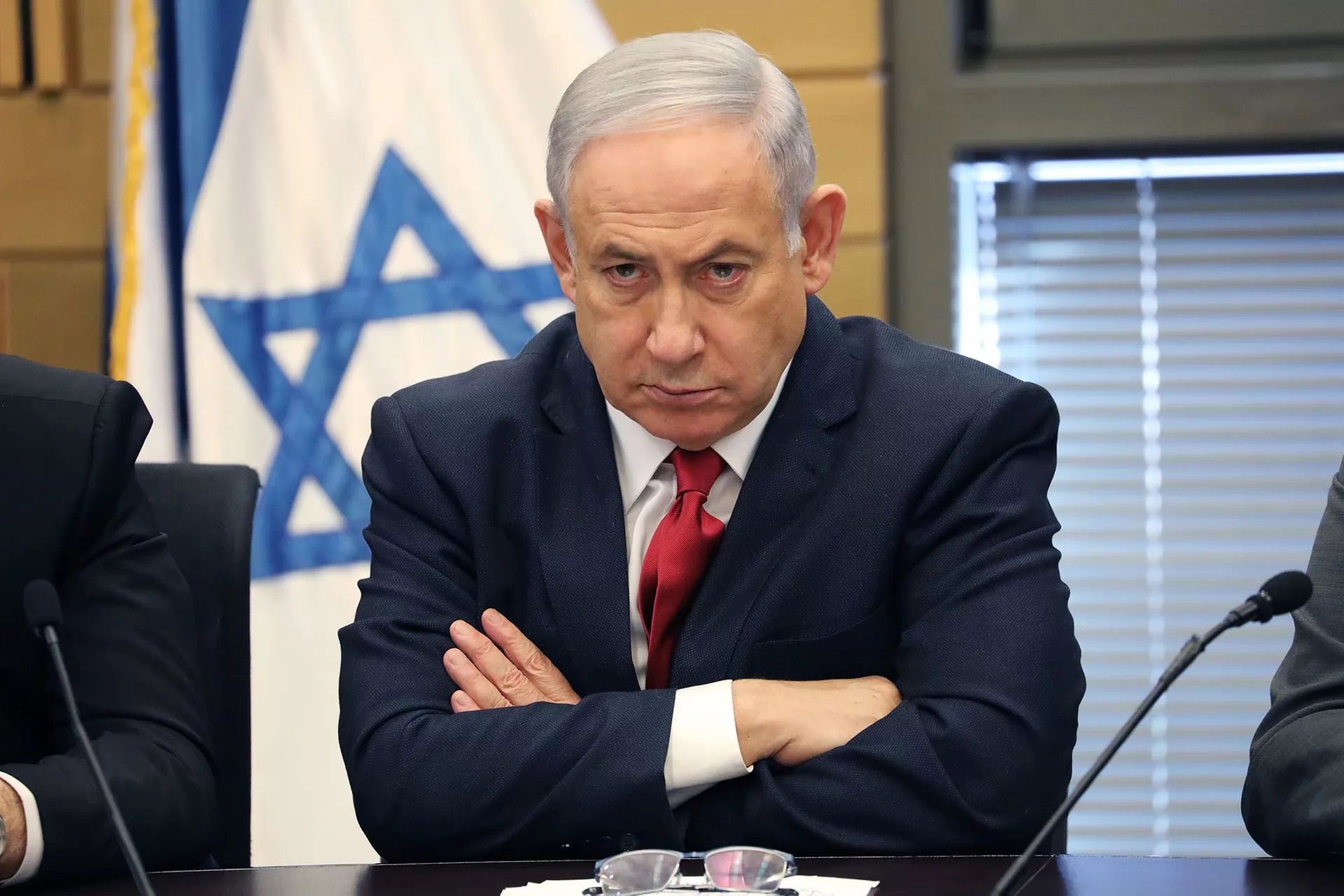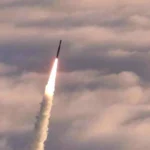The International Criminal Court (ICC) in The Hague has issued arrest warrants for Israeli Prime Minister Benjamin Netanyahu and former Defense Minister Yoav Galant, accusing them of war crimes in the Gaza Strip. This is not the first time Israeli officials have been sought for accountability for actions related to the conflict in Palestinian territories.
In addition, an arrest warrant has been issued for the leader of the Hamas group, Muhammad Deif, who, according to unconfirmed reports, has already died.
Sharp Statements from Israel
Official Tel Aviv strongly condemned the ICC’s actions, calling the court “a party to the war.” The previous arrest warrant for Netanyahu, issued in May of this year, was revoked in less than a month. The process was halted by London, claiming that the ICC does not have jurisdiction over Israeli citizens due to the conditions stipulated in the Oslo agreements. Whether the new order will last longer remains questionable for now.
US Reaction: Threat to the ICC?
The ICC’s decision has a significant international impact. In the United States, where policies regarding Israel often cause divisions between Democrats and Republicans, this could lead to a new phase of confrontation.
Democrats, aiming to strengthen control over the situation, could use this as an argument against a possible second term for Donald Trump. Meanwhile, Republicans, who traditionally support Israel, may try to impose sanctions against the ICC.
During his first presidential term, Donald Trump already imposed sanctions against the court in The Hague due to investigations into US war crimes in Afghanistan. This effectively led to the collapse of the process. If Trump returns to the White House, pressure on the ICC may intensify to the extent that the court will have to fight for its existence.
International Politics: Toward Conflict or Diplomacy?
The situation with the ICC orders has caused serious disagreements in the international community. Some countries see the court’s actions as an attempt to support international law and ensure accountability for war crimes. Others, like Israel and its allies, perceive it as political pressure and bias.
Against this backdrop, the question arises: will the ICC be able to fulfill its mandate, or will it once again yield to pressure from major powers?
What’s Next?
A new order for the arrest of Israeli officials could be another test for the international legal system. Israel, backed by its allies, has already declared readiness to resist. Whether the court will be able to stand up to this challenge will only be revealed in due time.
This situation once again emphasizes how complex and politicized the issue of international justice is in today’s world.


